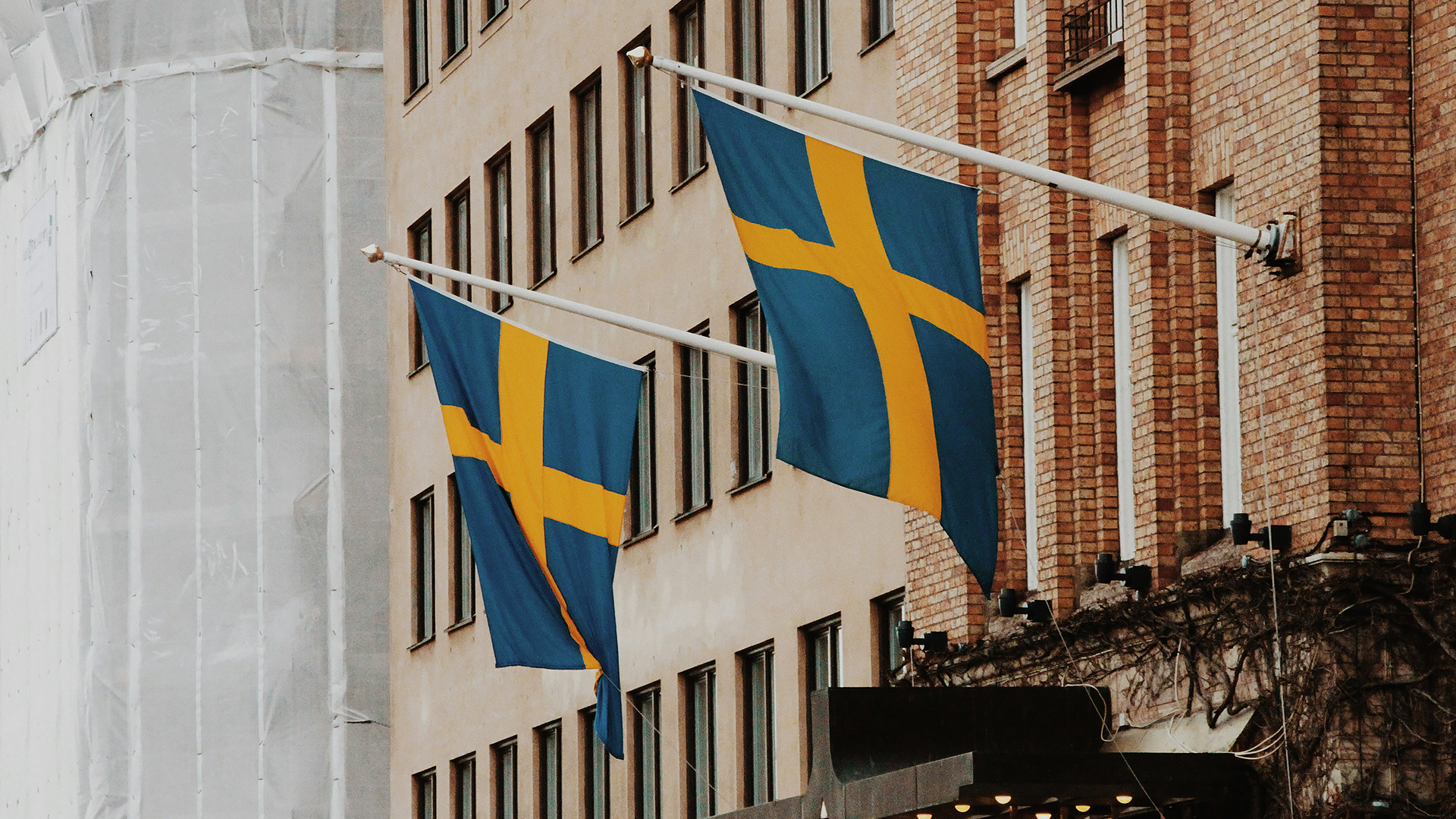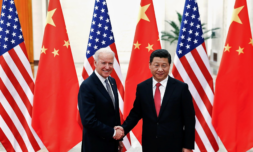After years of unwavering neutrality, Sweden’s ascension to NATO marks a dramatic shift in the nation’s security strategy, driven by the uncertainties of the current geopolitical climate.
Sweden made a historic shift in international security by officially joining NATO on March 7th, ending two centuries of neutrality for the Nordic nation. The decision came after the events of the Russia-Ukraine war, which heightened security concerns throughout Europe.
The nation applied to join NATO in May 2022, along with its neighbor Finland. Their applications were formally submitted on May 18th, 2022.
Both nations felt increasingly vulnerable and sought the collective defense offered by NATO’s Article 5. The article essentially states that an armed attack on any one member state in Europe or North America is considered an attack on all.
This move not only reflects a significant change for Sweden but also a strengthened military alliance at a critical time.
Sweden is now a member of #NATO. Our guiding principles as an Ally will be credibility, reliability and solidarity! #WeAreNATO pic.twitter.com/6gA3mLtgiF
— Sweden at NATO (@SwedenNato) March 13, 2024
Sweden’s history of neutrality
During the 17th century, Sweden was one of the major military powers of Europe. The Swedish empire consisted of present-day Sweden and nations ranging from parts of Russia to Northern Germany.
Sweden even played a vital role during the Thirty Years War – a brutal religious and political conflict that ravaged Central Europe, left millions dead, and reshaped the continent’s map. The nation’s reformed military turned the tides of the conflict. However, after being defeated by the Russians in an effort to invade the country, its military power declined.
What followed the loss of power was the Scandinavians not taking part in any military conflicts since 1814. Even during the Winter War between the Soviet Union and Finland, Sweden chose to remain neutral and only provided aid to the latter. Since then, its allegiance started to shift towards the side of the allies, supporting the ideas of democracy and human rights.
Reasons for its shift in stance
Sweden’s historic shift away from neutrality and towards NATO membership was driven by a significant change in the European security landscape after maintaining a neutral stance in both world wars and the Cold War. This policy aimed to prevent the nation from getting entangled in conflicts and ensured its role as a mediator.
However, Russia’s full-scale invasion of Ukraine in February 2022 dramatically altered the security outlook for Sweden. This act of aggression was seen as a direct threat to European stability, and Sweden and neighboring Finland felt increasingly vulnerable. Concerns rose about potential Russian military actions in the Baltic region, given Sweden’s strategic location.
Several factors contributed to its decision, as the invasion highlighted the limitations of neutrality when Russia seemed willing to disregard international norms. Moreover, Sweden’s lack of military preparedness became a pressing concern.
The 2013 incident involving Russian bombers near Swedish territory served as a wake-up call. The incident demonstrated that the Nordic nation’s defenses might not be strong enough to deter or respond to potential threats, especially Russian ones, in their current capacity.
To add on, its membership in the European Union already entailed a degree of security commitment. The EU’s mutual solidarity clause requires member states to assist each other in case of attack, a distinct set of regulations from NATO’s Article 5.
Joining the military organisation was seen as a way to solidify these security ties and gain the collective defense guarantee offered by the alliance. Sweden officially became NATO’s 32nd member last week, after Finland joined early last year.




















